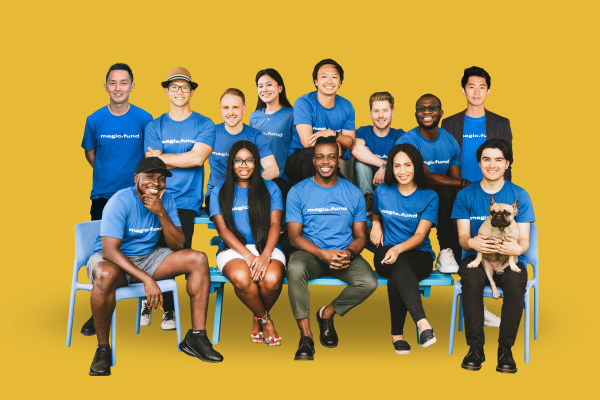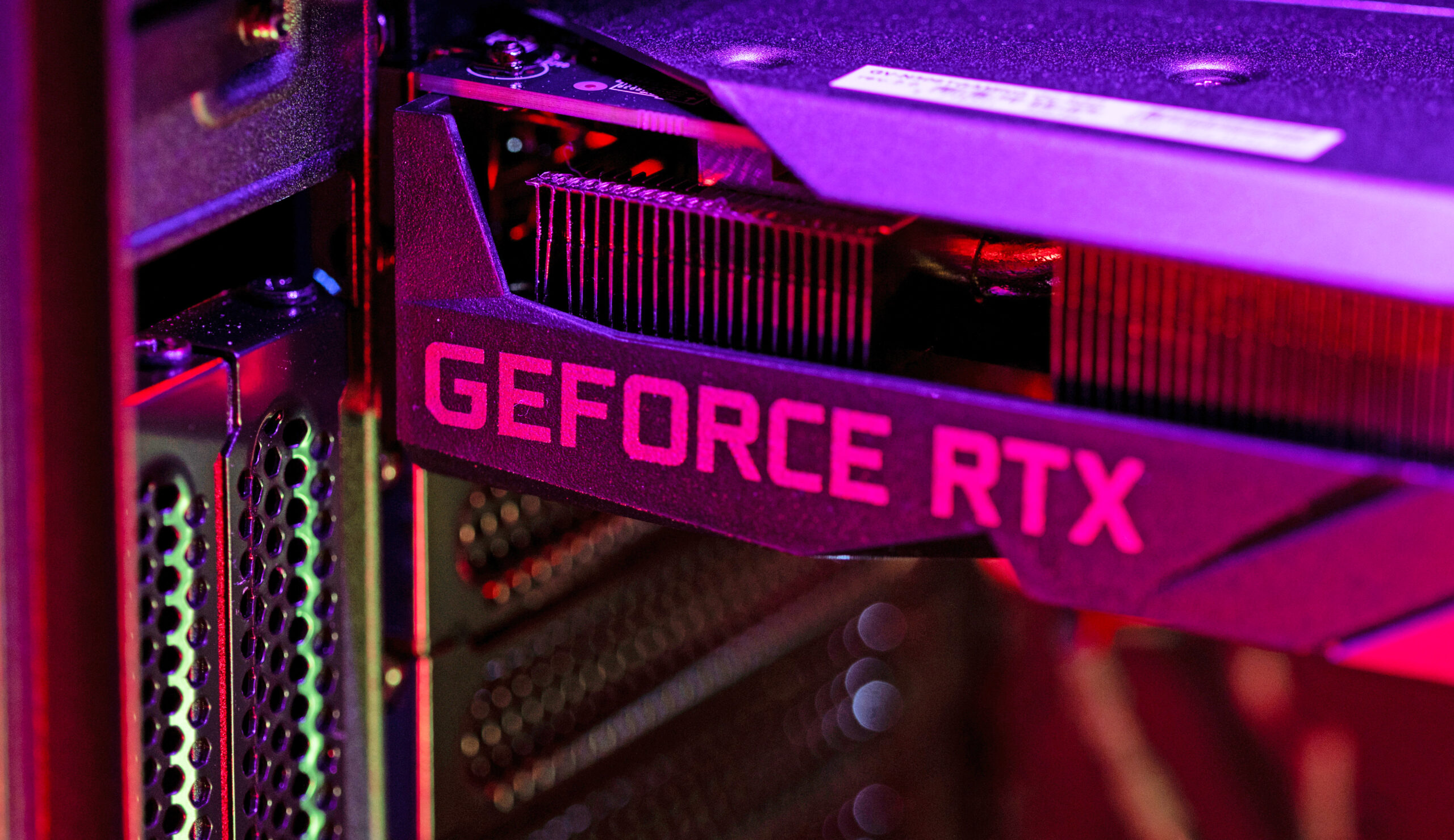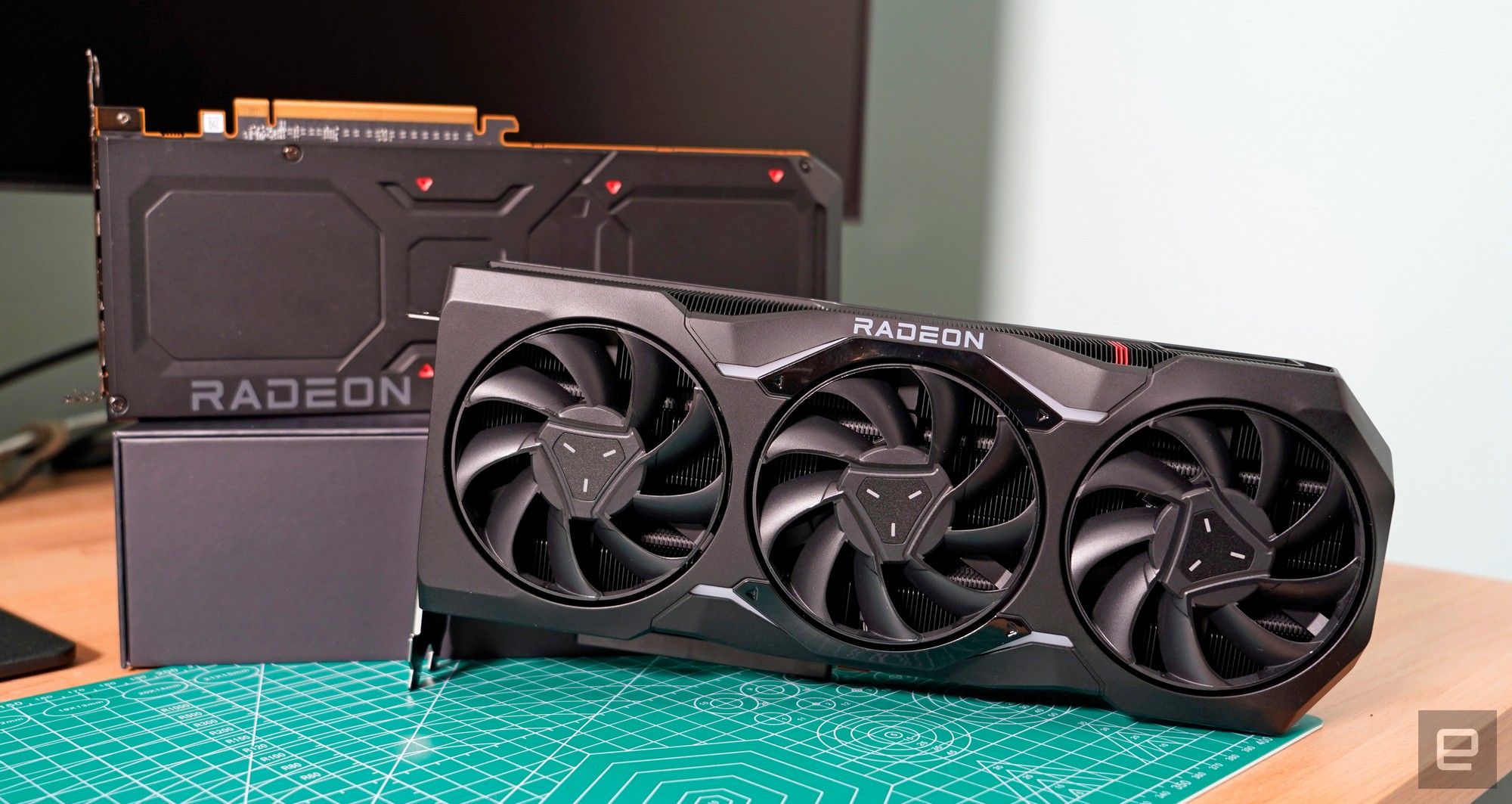Influential entrepreneurs like Paul Graham and Naval Ravikant at all times preach the necessity for startups to have founders-turned-investors on their cap desk. As Ravikant places it, “founders wish to know that the folks they’re taking cash from have first-hand expertise.”
His platform AngelList has helped particular person founders-cum-investors supply and take part in offers by way of collectives. Nevertheless, some enterprise corporations have taken this up a notch by bringing founders to create a fund and make investments collectively.
In the present day, one in all such, MAGIC Fund, a worldwide collective of founders, is saying that it has raised a second fund of $30 million to proceed backing early-stage startups throughout Africa, Latin America, and Southeast Asia.
Because the agency’s first fund which launched in 2017, MAGIC has invested in 70 firms at pre-seed and seed phases throughout these rising markets. A few of these firms embrace Nigerian fintech Mono, Novo, Payfazz, and Retool, a startup practically valued at a billion {dollars}.
MAGIC Fund has 12 founders who act as normal companions. TechCrunch caught up with managing accomplice Adegoke Olubusi and working accomplice Matt Greenleaf concerning the fund’s thesis and actions.
Olubusi, who had constructed and exited a few startups through the years, additionally dabbled with angel investing for a while. In 2017, Olubusi’s present startup Helium Well being received accepted into Y Combinator. It was there he met extra founders like him who had been angel buyers with spectacular portfolios. The attention-grabbing bit? Every founder needed to spend money on different firms throughout YC’s Demo Day.
“So about three years in the past, I used to be at YC, and I used to be going to spend money on my very own batch. I used to be pitching on the day, however I used to be additionally listening to different pitches. Nevertheless, it wasn’t simply me; there have been many different founders as nicely,” Olubusi mentioned.
After constructing and exiting a number of startups, some founders flip into angel investing to assist startups and respective their ecosystems. The issue is they have an inclination to go alone and are caught with reducing checks of their native markets, which limits alternatives.
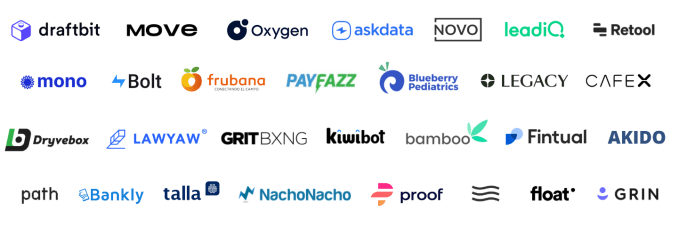
Some MAGIC portfolio firms
Right here’s a situation. In 2016, when unicorns Flutterwave and Kavak raised their seed rounds in Nigeria and Mexico respectively, an African biotech founder who knew about Kavak and a Latin American edtech founder taken with African fintech wouldn’t have had the capability to consider these offers even when they needed; the reason is an absence of attain and expertise in each the business or geography.
Olubusi and the opposite founders knew this is able to be a limitation in the long term in the event that they went solo. Thus, they determined to create MAGIC. The concept was to convey world founders along with various skillsets in various industries and geographies to consider offers higher and drive worth for one another. Therefore, they will take part in two unicorns as an alternative of 1.
“As an alternative of us investing individually as a result of clearly, we now have considerably restricted capability when it comes to how a lot time we now have as founders due to our respective firms, why don’t we collaborate on a method collectively and co-invest collectively?”
“The way in which we considered MAGIC was a fund of micro funds constructed by founders for founders,” Greenleaf continued.
Fund of micro funds however greater than cash
In a number of the private conversations I’ve had with founders about their buyers, a recurring theme has been that essentially the most helpful buyers didn’t essentially signal the largest checks. It’s a theme Olubusi additionally pertains to all too nicely.
“It was like each time we give it some thought, everybody who gave essentially the most cash not often had time for us. It was so frequent that all of us recognized this as an precise factor. What really drove worth for us had been different buyers who had been founders and operators, and different skilled individuals who had been in a position to assist us discover product-market match and struggle regulators. These had been really the folks within the trenches with us.”
Olubusi believes the early-stage a part of investing, significantly in pre-seed and seed, is the place VCs who’re founder-operators discover their candy spot. They’re extraordinarily invaluable when startups try to determine product-market match. And in contrast to conventional buyers who need to get multiples on investments, Olubusi argues that for founders-investors, what issues is how a lot worth they will drive.
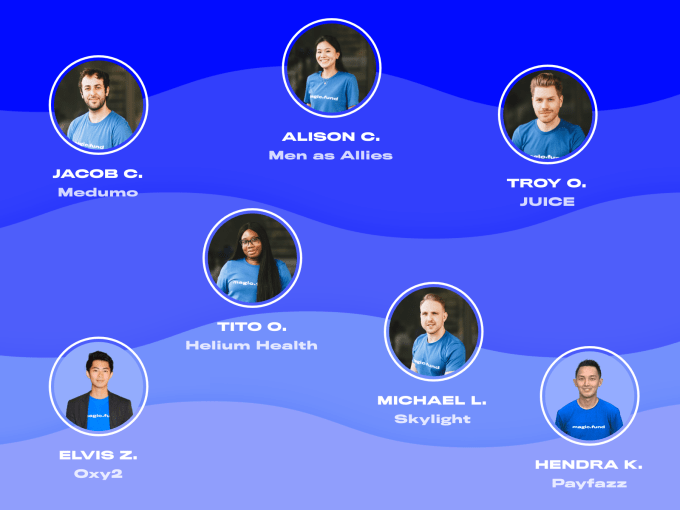
Picture Credit: MAGIC Fund
MAGIC’s play is much more important contemplating that it performs in rising markets the place on-the-ground operational assist is required in industries with quite a few unknowns and uncertainties.
“There’s a lot cash out there now and early-stage determination making at pre-seed and seed ought to be left within the palms of founders. As a result of give it some thought actually, with a purpose to make an analysis of whether or not I ought to spend money on a healthcare or fintech firm in Africa, it is sensible to have those that’ve spent years battling by way of it within the trenches, make these choices. And what we’re making an attempt to do with the fund is publish as a lot data as attainable and preserve performing on the 100 percentile and say that is nonetheless the perfect technique and may be very scalable.”
MAGIC Fund 1 was $1.5 million which got here from the pockets of all 12 GPs. Olubusi says the investments carried out 5x over the interval of three years. As a few of these firms exited, their founders invested in MAGIC and got here on board as Fund 2 companions.
MAGIC has additionally enlisted further buyers who, in keeping with Olubusi, are revered for his or her investing talents and ecosystem assist. As an illustration, Olugbenga Agboola, CEO of Nigerian fintech unicorn Flutterwave is understood throughout the African tech ecosystem as a founder who goes out of his method to assist established and up and coming fintech firms. Hendra Kwik of Payfazz has such a popularity in Southeast Asia as nicely. They, alongside different founders, be part of MAGIC as restricted companions.
Per the agency’s assertion, one-third of your entire fund was contributed by the founder GPs. For its LPs, range play is taken into consideration as 50% of them are black whereas 33% are girls. A few of them embrace Michael Seibel, Tim Draper, Rappi’s Andres Bilbao, Paystack’s Shola Akinlade, Katie Lewis, Octopus Ventures’ Kirsten Connell, amongst others.
Magic Fund 2 shall be writing $100,000 to 300,000 checks at pre-seed and seed phases specializing in fintech, healthcare, SaaS and enterprise, crypto, developer instruments in rising markets.
What does the fund search for in founders? Olubusi offers two solutions. One, MAGIC needs to again founders which have incentives to stay by way of the arduous occasions of an organization.
“At pre-seed and seed, you don’t have sufficient information about an organization to make an funding determination. Your wager is fully on the founder and the founding group. What we all know, having accomplished this a number of occasions, is that issues get more durable. So after we’re wanting on the founder, we’re evaluating whether or not or not the founder has the grit to stay by way of the hardest occasions that are going to return up.”
The second indicator elements if the founder has the willingness, openness, the pliability to study and use that data to succeed. Greenleaf believes these methods have extremely helped the agency fund distinctive firms and keep good relationships with founders.
“Most of those founders don’t view us as their buyers. They view us as fellow founders who’re serving to them alongside their journey. I believe that additionally ties into them conserving it actual with us and permits us to see them as folks, and never simply founders. That’s form of one of many issues which have labored in our favor,” he mentioned.

